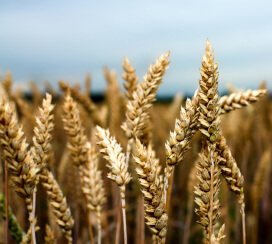Sh*t happens
In a surprising move, the Food and Drug Administration has reversed course eliminating the heavy regulatory burden imposed in April of this year on US medical facilities that wanted to conduct fecal transplants (commonly referred to as FMT for fecal microbiota transplantation) for people sick with colitis caused by Clostridium difficile (C diff) that does [...]








